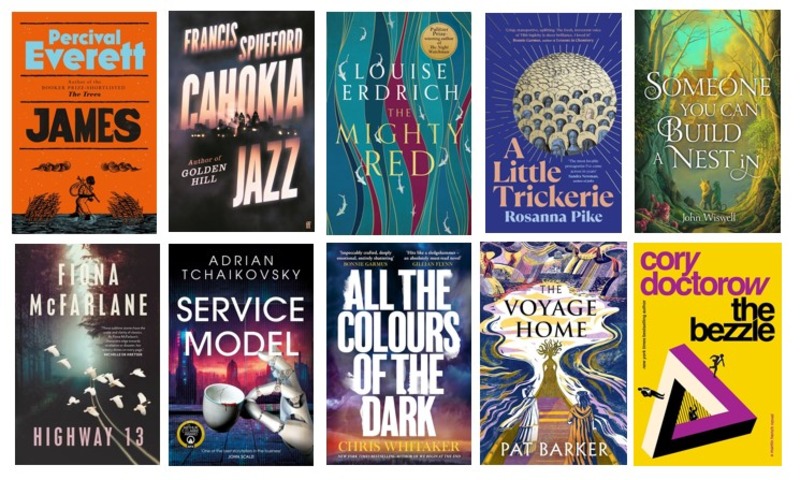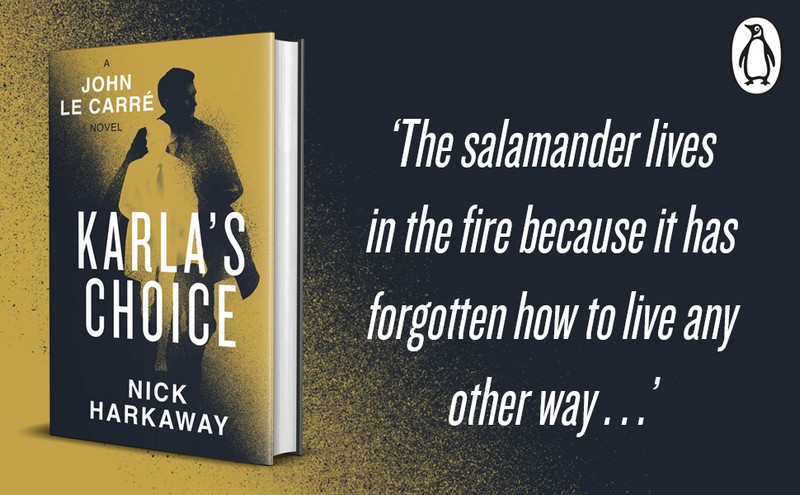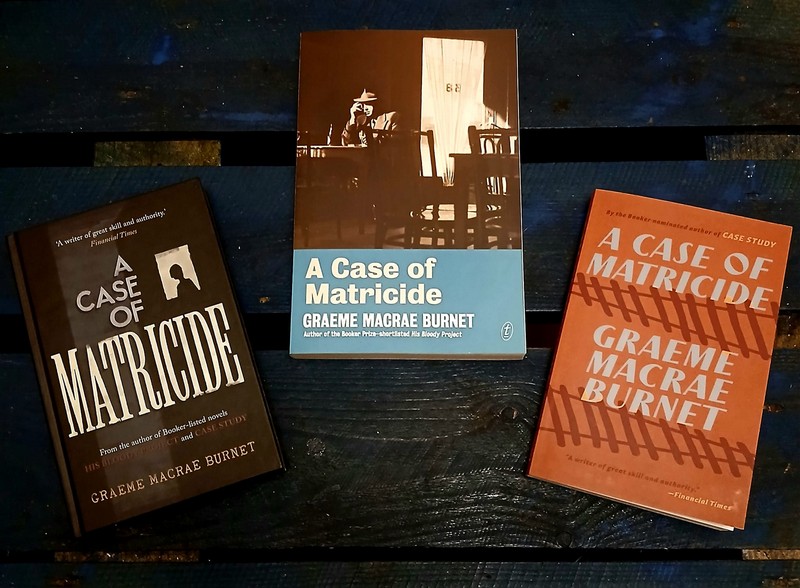 Debra Oswald’s latest book The Family Doctor opens with the shocking death of a young family at the hands of their father and husband. This sounds a little like the set up of Jane Harper’s debut The Dry. But while Harper used this scenario to launch a mystery story, Oswald’s take is much more realistic. As the investigating detective, explaining how he feels when he comes upon a situation like this:
Debra Oswald’s latest book The Family Doctor opens with the shocking death of a young family at the hands of their father and husband. This sounds a little like the set up of Jane Harper’s debut The Dry. But while Harper used this scenario to launch a mystery story, Oswald’s take is much more realistic. As the investigating detective, explaining how he feels when he comes upon a situation like this:
‘… that scene – it is what it looks like. The thing about real police work, there are virtually never any twists. Might be a more constructive process if there were twists we could undo. But I mean, we walk into that house – we know what’s happened, we know what it is…‘
Which is not to say that this narrative is short on twists and turns.
Paula Kackzmarek, the family doctor of the title, is providing refuge to her old friend Stacey and her two teenage children, but is not enough. Stacey’s husband tracks them down and kills them all and then himself in Paula’s house. This event makes Paula wonder what more she could have done to help her friend. She then becomes hyperaware of the domestic violence that seems to be all around her and thinks about what she can do more proactively to help those women and children. At the same time, her best friend and journalist, Anita, is covering a high profile murder case where a young wealthy playboy is accused of killing his girlfriend. Thinking to fill Paula in on the case as a kind of joint therapy, all Anita manages to do is heighten Paula’s sense of the injustice of the world.
The Family Doctor is in some senses an “issues book”. Oswald explores different circumstances of domestic and family violence and how it has become almost normalised in our society. But it is in no way preachy. Oswald uses her characters and their circumstances to explore the ethical dimensions of people on the edges of those violent relationships – the friends, the medical practitioners, the police – and how far they can and should go to protect those in danger . In doing so, Oswald goes to some very dark places. But she leavens this darkness with compassion, an adult romance subplot, a strain of (sometimes dark) humour and a solid centre of positive, supportive relationships (even when under strain).
Debra Oswald’s experience as a screenwriter and playwright is evident in the text which is effortlessly cinematic. The characters are vivid and the dialogue, even when delving into ethical or legal issues is recognisably Australian, if sometimes a little mannered.
As noted up front, while The Family Doctor is still a crime novel and there are some twists, or at least points where the narrative goes off in an expected (but understandable) direction. Much of the crime here is in a series of tales of men behaving badly. Even those crimes outside of those tales, those that really sit at the centre of the book, are plainly described. Oswald is much more interested in having readers consider the moral dimension of these crimes, the balance of harm and the impact on individuals than in readers trying work out whodunnit. And The Family Doctor is better and stronger for that.
Robert Goodman
For more of Robert’s reviews, visit his blog Pile By the Bed
Other reviews you might enjoy:
- The Ghost of Gracie Flynn (Joanna Morrison) – book review
- What Happened to Nina? (Dervla McTiernan) – book review
- All the Colours of the Dark (Chris Whitaker) – book review

Robert Goodman is a book reviewer, former Ned Kelly Awards judge and institutionalised public servant based in Sydney. This and over 450 more book reviews can be found on his website Pile By the Bed.



